New Scientist covers the latest developments in science and technology that will impact your world. New Scientist employs and commissions the best writers in their fields from all over the world. Our editorial team provide cutting-edge news, award-winning features and reports, written in concise and clear language that puts discoveries and advances in the context of everyday life today and in the future.
Elsewhere on New Scientist
The limits of awareness • When it comes to mental health, recognising the problem isn’t enough
New Scientist
Baby star has powerful jets
Whole brain may be used in language • Brain regions identified as language centres may actually be hubs that coordinate the processing of language across the brain, finds Michael Marshall
Tadpoles change colour to blend in with surroundings
NASA’s UFO task force finds no evidence for alien craft
Student rocket set for space launch • Imperial College London project will try to send its rocket to an altitude of 105 kilometres
Enzyme test may let doctors diagnose Parkinson’s earlier
Anti-ageing drugs could make more organs viable for transplants
Rare pink diamonds appeared after geological break-up
Humans are using too many plants • We are using 26 per cent of the biomass produced by land plants, which is more than is safe
Facebook change to stop misinformation on vaccines backfires
Mosquitoes dodge fly swatters by surfing a wave of air
Analysis Medical evidence • Mental health ‘first aid’ questioned There is no good evidence that a training scheme on how to support people with conditions like depression actually works, finds Clare Wilson
Frogs have attempted sex with other species for millions of years
Thousands of people apparently cheat at Wordle every day
China’s city-wide quantum network • A network connecting quantum devices in Hefei can allow multiple secure chats at once
Cyborg cockroach could help in search-and-rescue missions
MDMA expected to get US approval as therapy for PTSD
DNA computer could scan living cells for diseases
English rivers pumped with oxygen… • The Environment Agency has been deploying emergency measures to stop fish suffocating
…while river oxygen levels fall across US and Europe
Key immune cells may protect against Crohn’s disease
The universe’s evolution seems to be slowing down
Microplastics could threaten ozone layer
New covid-19 jab works at low dose
Stone Age carvings of animal tracks identified
Really brief
The new evolution • Our creation of artificial intelligence has unleashed a third evolutionary process that is adapting for its own benefit, not ours, warns Susan Blackmore
No planet B • The ick factor People living in urban environments are often alienated from nature and therefore find it scary and disgusting. This “biophobia” is on the rise, says Graham Lawton
Peak condition
Your letters
Who were the Neanderthals? • How we see our closest extinct relative says as much about us as it does about them, argues an intriguing new book. Alison George explores the territory
Speaking up for science • A personal account of dealing with the anti-vaccine movement in the US is troubling and painful, finds Michael Marshall
New Scientist recommends
The games column • Too many planets, too little time Bethesda’s new galaxy-sprawling game Starfield gives you 1000 planets to explore. But with many of these worlds generated by algorithm, it can all feel a bit dull and predictable, finds Jacob Aron
The dangers of therapy speak • Overusing language once reserved for therapy rooms can do more harm than good, Lucy Foulkes tells Catherine de...
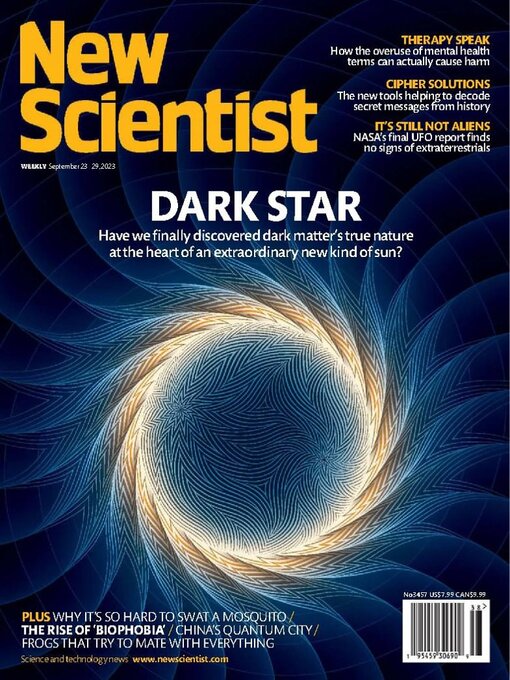
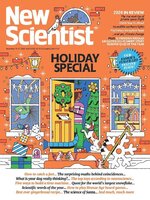 Dec 14 2024
Dec 14 2024
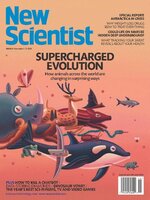 Dec 07 2024
Dec 07 2024
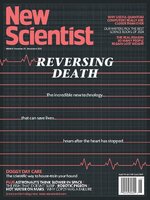 Nov 30 2024
Nov 30 2024
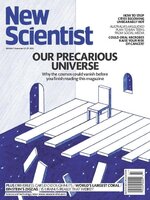 Nov 23 2024
Nov 23 2024
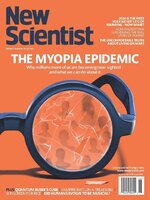 Nov 16 2024
Nov 16 2024
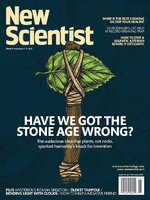 Nov 09 2024
Nov 09 2024
 Nov 02 2024
Nov 02 2024
 Oct 26 2024
Oct 26 2024
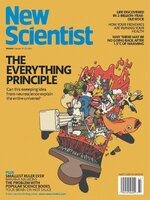 Oct 19 2024
Oct 19 2024
 Oct 12 2024
Oct 12 2024
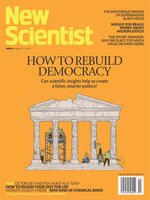 Oct 05 2024
Oct 05 2024
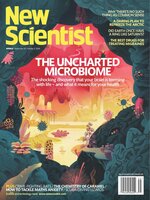 Sep 28 2024
Sep 28 2024
 Sep 21 2024
Sep 21 2024
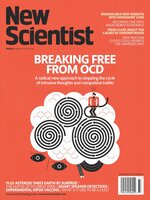 Sep 14 2024
Sep 14 2024
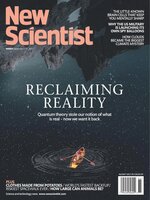 Sep 07 2024
Sep 07 2024
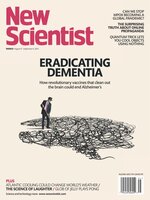 Aug 31 2024
Aug 31 2024
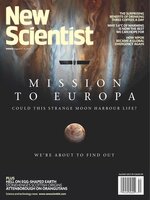 Aug 24 2024
Aug 24 2024
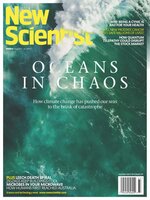 Aug 17 2024
Aug 17 2024
 Aug 10 2024
Aug 10 2024
 Aug 03 2024
Aug 03 2024
 Jul 27 2024
Jul 27 2024
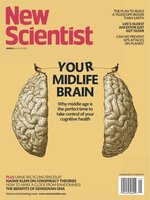 Jul 20 2024
Jul 20 2024
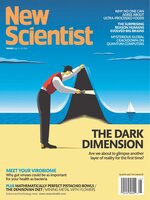 Jul 13 2024
Jul 13 2024
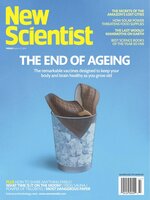 Jul 06 2024
Jul 06 2024
